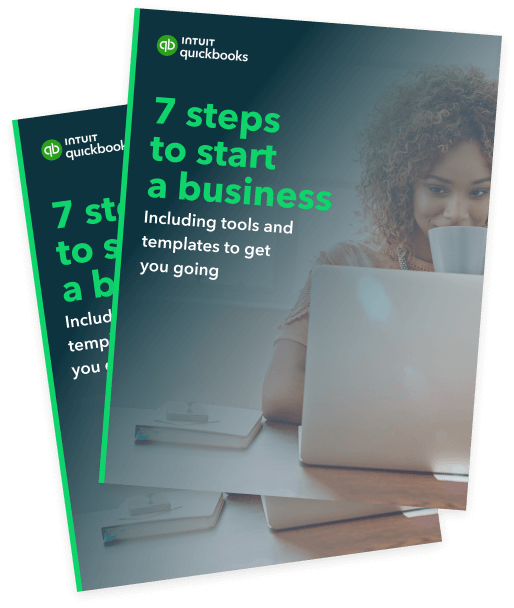Understanding how to claim car tax deductions for motor vehicle expenses is important for business owners who use their vehicles for work-related purposes. This article will guide you through the types of vehicles you can claim for, the expenses that are eligible for deductions, and the different calculation methods for claiming motor vehicle expenses.

Car Tax Deductions for Motor Vehicle Expenses
What are motor vehicles?
For income tax purposes, cars are defined as motor vehicles designed to carry both a load of less than one tonne and fewer than nine passengers.
Other eligible vehicles include motorcycles, utility trucks, panel vans, and minivans, all of which may be used for different businesses in various circumstances.
What car expenses can you claim?
Yes, there are several aspects of your vehicle use that you can claim through the Australian Taxation Office (ATO):
- Fuel and oil costs
- Repairs and servicing related costs
- Interest on a loan for the vehicle
- Lease payments
- Insurance premiums
- Registration fee
- Motor Vehicle Depreciation (decline in value)
The vehicle must be used for business
To be able to claim expenses related to your motor vehicle you need to ensure you separate your motor vehicle use into private and business use.
For example, if you use your car for both business and personal reasons, you must accurately determine the percentage of time that you use your vehicle for business purposes if you want to be able to claim expenses. Personal use expenses are not claimable.
You can use the logbook method or a diary to record private versus business travel. Through QuickBooks, you can use the mileage tracking tool to help automatically track and categorise kilometres.
Methods for claiming business motor vehicle expenses
Depending on your business structure, there are different methods to calculate your motor vehicle expenses.
The cents per kilometre method
The cents per kilometre method is a simplified calculation method for claiming motor vehicle expenses. With this method, you can claim a fixed rate for each business-related kilometre travelled. This rate covers all vehicle running expenses, including fuel, oil, registration, insurance, and maintenance.
To use this method, you must keep an eye on those odometer readings and maintain a record of the total business kilometres travelled during the financial year, up to a maximum of 5,000 km.
The actual cost method
The actual costs method is a more comprehensive approach to claiming motor vehicle expenses. With this method, you claim the actual expenses incurred in operating the vehicle for business purposes.
These expenses include fuel, oil, repairs, servicing, loan interest, lease payments, insurance premiums, registration, and depreciation. To use this method, you must keep accurate records of all expenses, along with proof of the expenses, such as receipts and invoices. Additionally, you need to track the percentage of business use for the vehicle to calculate the portion of the actual costs that are deductible.
Sole traders or partnerships should use the cents per kilometre method or logbook method for cars, but drivers of other vehicles should use the actual costs method. Companies or trusts must use the actual costs method for all types of motor vehicles.
Claiming expenses for home-based businesses
The rise of home-based remote working has created new possibilities for achieving a better work-life balance, but it also means it can be challenging to distinguish between business and personal expenses.
For that reason, it’s important to remember that as a home-based business owner, you can typically claim motor vehicle expenses when using your vehicles for business purposes.
You should track business-related trips and use the appropriate calculation method (e.g., cents per kilometre or logbook method) to calculate your claimable amount. The key point here is that just because you work from home does not mean you’re not entitled to claim all use of your motor vehicle for business purposes.
You can claim trips if it is between your home and another place if those trips were business related. This could include a trip to a client's office, a trip to a supplier, or even a trip to your bank. A trip to a cafe to catch up with your friend would not be claimable since that trip is personal.
Impact of vehicle financing on tax deductions
It is worth noting that the financing method you choose for your business vehicle can impact your tax deductions. If you choose a loan, you can claim the interest paid on the loan as a car purchase tax deduction. If you lease a vehicle, the lease payments become deductible. However, either way, keep in mind that the tax deductibility depends on the percentage of business use for the vehicle. This serves as another reminder to maintain records of business usage to justify the portion of interest or lease payments you claim as a deduction.
Record-keeping tips for motor vehicle expenses
Maintaining accurate records for motor vehicle expenses is important for claiming tax deductions. Consider using a logbook to record all business-related trips, including the date, purpose, starting and ending odometer readings, and distance travelled.
Keep receipts and invoices for all expenses, such as fuel, repairs, servicing, loan interest, lease payments, and insurance premiums.
However, it can be challenging to keep track of everything, so it's a good idea to leverage mobile apps and accounting software like QuickBooks to help make things easier at the end of the financial year.
As a small business owner, QuickBooks can streamline your record-keeping process, making it easier to track expenses and calculate tax deductions accurately. QuickBooks simplifies the process of managing motor vehicle expenses by automating calculations for you. All of this automation makes it easier to separate expenses and maintain accurate records.
In doing a lot of the hard work for you, QuickBooks simplifies tax compliance and reporting, ensuring your claims are in line with tax regulations while removing a lot of the hassle as well.
Get started with QuickBooks today with a free 30-day trial.
Frequently asked questions
Related Articles
Looking for something else?

TAKE A NO-COMMITMENT TEST DRIVE
Your free 30-day trial awaits
Our customers save an average of 9 hours per week with QuickBooks invoicing*
By entering your email, you are agree to our Terms and acknowledge our Privacy Statement.















